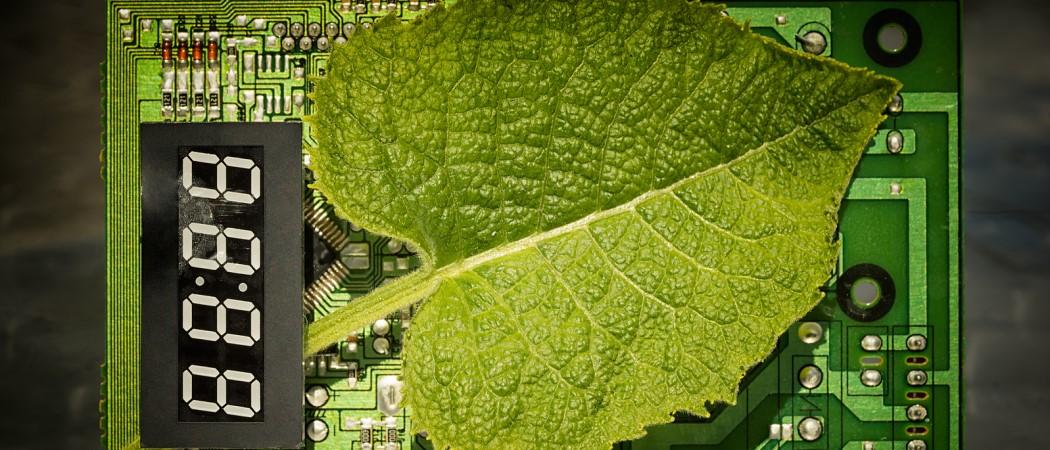Official work programmes are not due until April, but drafts circulating online give researchers and industry chance to start formulating grant applications

A draft work programme circulating online gives details of 15 research calls through which the European Commission aims to support the transition to a digital and green economy, whilst promoting Europe’s strategic autonomy.
The legislative and budget delays which pushed adoption of Horizon Europe to the end of 2020 mean the final work programmes are not due to be published until April. But drafts circulating on the websites of research associations, universities and consultancies provide enough detail for researchers to start preparing their applications.
In the digital, industry and space draft programme, the Commission outline six major goals: leadership in climate neutral industrial value chains; increased autonomy in key value chains; digital sovereignty; a secure and data-agile economy; satellite navigation and earth observation systems; and creating human-centred technology.
In a statement published in November, the European Association of Research and Technology Organisations (EARTO) said the EU can make its economy greener and more digital but it will require sustained investments in research, and coordination between EU and national plans. “Overarching RD&I investments are needed to bring coherence, give extra directionality, and complement the investments being defined by member states within their national recovery and resilience plans,” EARTO said.
The draft work programme does not specify the final funding for digital, industry and space research, but it provides details of the calls the Commission will be putting together until April.
Sustainable manufacturing
First, the Commission will be looking for projects that will help advance sustainable manufacturing processes. As one example, while it estimates lasers could be used to reduce industrial power consumption by 30%, new technologies are needed to achieve that goal. Projects funded under this topic are expected to integrate the latest high power laser technologies with quality sensors and real time monitoring systems to reduce the energy intensity of manufacturing.
Horizon Europe will also fund work on manufacturing technologies for bio-based materials that have a lower environmental footprint, and are sustainable, nontoxic and recyclable.
The EU also hopes that a more efficient use of industrial data could help industry to decarbonise faster and make production processes more resilient. Horizon calls are being prepared for that specific goal.
Greener buildings
The work programme includes calls for projects that reduce construction and demolition waste, and recycle waste into secondary products. Research funded through this call will help increase reuse of material from demolitions by 50%, the draft says.
The Commission also wants Horizon Europe grantees to help the EU develop its own digital technologies for the construction sector.
Cleaner steel
The draft work programme foresees a call for projects to help the steel industry reduce its energy consumption and environmental impact, in particular, reducing the carbon footprint.
In parallel with Horizon Europe, MEPs are also looking for ways to upgrade the EU’s research fund for coal and steel and align it with broader targets for greening steel production.
AI for the Green Deal
More calls are being planned for researchers working on artificial intelligence (AI), data and robotics projects to minimize waste across agrifood, energy, utilities, manufacturing and transport sectors. For example, proposals could be aimed at using AI, data and robotics to improve waste management. At least half of the selected proposals are expected to have a major robotics demonstrator.
Space research for more sustainable transport
In one research call, the Commission is seeking ideas on how to use data from the European Global Navigation Satellite Systems Agency and from the EU’s earth observation programme Copernicus to help the transport sector develop new mobility services and reduce congestion and car emissions.
International cooperation
In the draft work programme, the Commission proposes a special call for EU-Canada collaboration projects on developing next generation internet technologies, services and standards “according to a human centric approach”. The calls would create new business opportunities for European innovators based in the EU and Canada, by creating an ecosystem of top researchers and start-ups.





 A unique international forum for public research organisations and companies to connect their external engagement with strategic interests around their R&D system.
A unique international forum for public research organisations and companies to connect their external engagement with strategic interests around their R&D system.